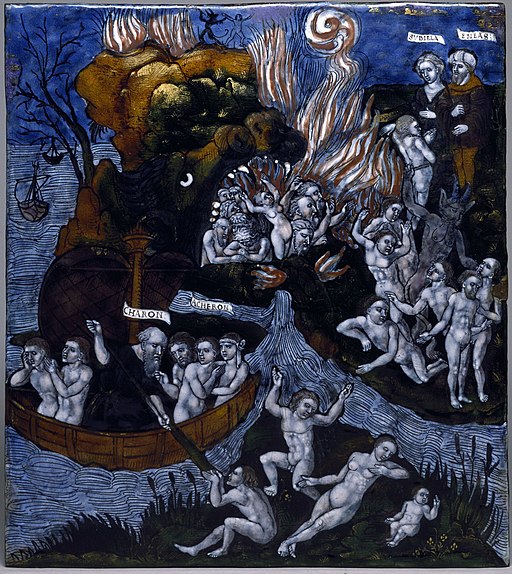
Cold weather day today.
I'm hitting a wall, something between busyness on the one hand and my thoughts about the project on the other.
Mostly, I'm losing the vision. Maybe the current vision is too much for me to bear. I know that it's always been outsized, but I feel like a sun who becomes a red giant just before collapsing in on itself.
The day to day, week to week, month to month of the blog is taking its toll. You may have noticed that I've started trying to use freely usable, properly attributed photos recently, replacing or deleting old, unattributed ones. Finding good freely usable photos--which I think is par for the course with a blog--is time consuming and usually a step down from the images I used to find. YouTube videos, which don't need to be attributed, don't automatically post on the various platforms; they need to be posted each place manually. Every photo and video I use needs its dimensions changed in html to fit properly. I've considered other ideas like snapping my own photos using my kids' dinosaurs and action figures, but that sounds even more time consuming.
On top of this, the blog is not taking off much. We've had some big spikes at times, like the Ferguson post, which probably just pissed a lot of people off. But the number of visits usually hovers between 5 and 20 pageviews per day. And if I don't post for a few days, that number goes down to zero. This is discouraging given the amount of work it is.
Moving on to the music, I get overwhelmed any time I consider what it's going to take to get anything off the ground. It was hard enough with you in Lansing; I get tired just thinking about what it will take with you in Traverse City. And although I'm a lot better at playing than I was 2 years ago, I still make so many mistakes even just practicing at home. I started writing stories and poetry at a young age, but my serious interest in music didn't start until my 20's when neurons were almost myelinated. I don't have a "high ceiling" when it comes to music. When I'm on stage and everyone's watching me I make even more mistakes.
I think the following is true:
- I'm a pretty good songwriter
- I'm a piss-poor guitarist
- I'm a piss-poor keyboardist
- I'm a piss-poor singer
- I'm a piss-poor performer
My goal with the project now seems to abandon it in the best possible way. I want to cue up the Concert for Iceland so that it could still happen if conditions were to become more favorable.
What does that mean?
Well, at the bottom-left corner of the blog's front page, there is a small orange period. Click on that and you'll see what I've been working on, what I consider to be my final goal regarding the project. I want to get this all linked and set up and, at that point, I want to withdraw to a much lower level of involvement. Actually, even getting this all set up is going to be quite the accomplishment. It will take some time; my guess is that I won't be done until summer at the earliest.
Best case scenario moving forward? I write songs and others perform them. I feel like the Concert for Iceland is a coherent group of songs, a good place to stop.
What might that look like? We've thrown out a few ideas:
- Augustine White's band
- Arthur White Memorial Concert/Album (dead, catatonic, presumed dead?)
- Rock Star: INXS-type thing
- Find someone to play Arthur White
Maybe this email that I'm typing right now will be the final blog post. I guess this is kind of sudden, but it's actually going to take a long time to accomplish.




